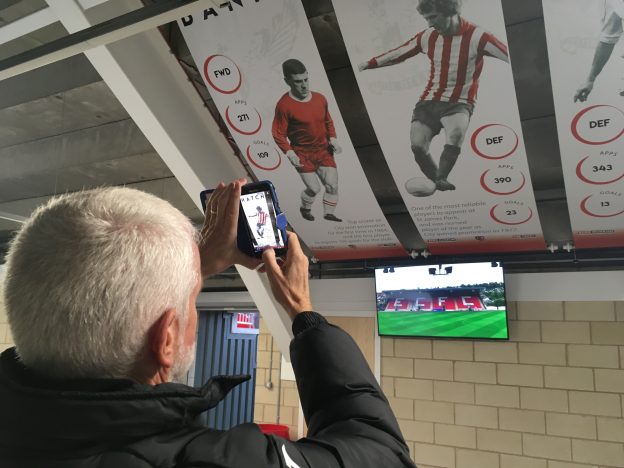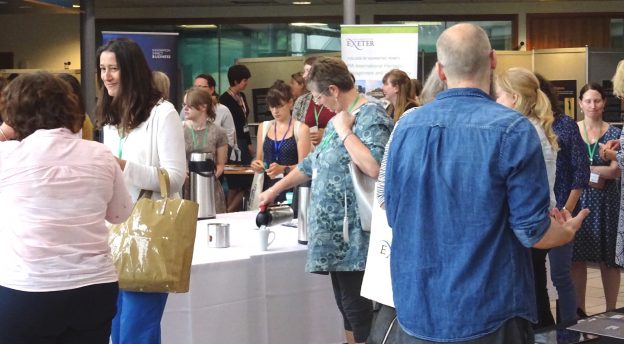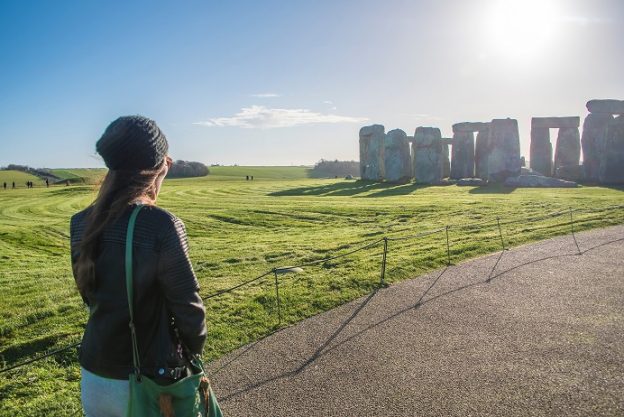Imogene Dudley, a PhD student in the History Department at the University of Exeter, tells us about her experience of attending the South West Fed conference in July…
Thanks to the generosity of the South-West Federation of Museums and Art Galleries, myself and several other students from the University of Exeter got the chance to attend their recent conference, hosted by Cornerstone Heritage at the University of Plymouth on 4-5 July. The theme of the conference was ‘Inspiring Audiences: Home and Away’.
The train journey from Exeter to Plymouth, along the beautiful South Devon coast, inspired an excited, holiday feeling in my small group of Exeter students before we had even arrived at the conference. We are all postgraduate students in the Humanities and had applied for the free tickets as we want a career in the heritage sector. We hoped that the talks would give us a more detailed and specific insight into the industry, and that by networking with delegates we might gain some useful contacts. At the very least, it would be an interesting couple of days. We were not disappointed!
The conference began with a keynote from Stephen Bird, Head of Heritage Services at Bath and North East Somerset Council, who is responsible for tourist attractions including the world-famous Roman Baths. He spoke about the importance of meeting the needs of both local audiences and international tourists, and told us about new developments in accessibility and education at the attraction. The first day also saw talks regarding the tensions between protecting and preserving Stonehenge, finding new ways to engage the community with church spaces, and the challenges involved with curating the Mayflower 400 exhibition (due to open in Plymouth in 2020), as well as a workshop on how to use audience research to improve engagement and development with heritage sites.
After a rejuvenating night’s sleep, we were all ready to learn more about the heritage sector on our second day at the conference. We listened to another fascinating keynote, this time by Victoria Rogers on the building of the Cardiff Museum from scratch and the involvement of the community, and talks on how to use work experience to engage disadvantaged youth with the heritage and arts sector, the story of the new Kresen Kernow archives in Cornwall, and how Castle Drogo has kept its audiences interested during important renovation work. We also heard from Cornerstone Heritage about how it has been uncovering the LGBT history of Powderham Castle and integrating it into public tours in an understanding and empathetic way.
All in all, it was an extremely interesting and stimulating two days. I would like to take this opportunity to thank the South-West Federation for providing free tickets to Exeter students, as without this I would have been unable to attend. The formal talks and the informal networking that is involved in conference attendance gave me a valuable insight into the heritage industry and gave me the inspiration and confidence to apply for jobs in the sector.




